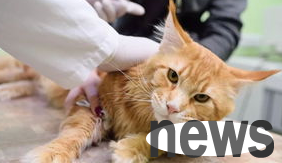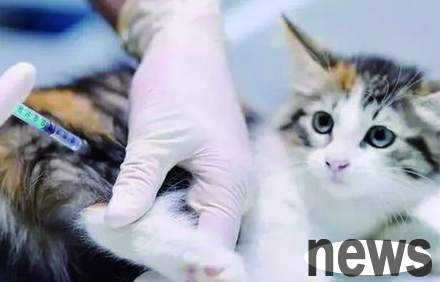Many people think it is very important to vaccinate pet cats because they can be protected from various infectious diseases. However, some people think that the vaccine is not recommended for cats, as this may have some negative effects on their health.

First, vaccination of cats will put some pressure on their bodies.
Since vaccines enter pets through injections, their bodies need to react to these new ingredients.
If the pet's body itself is not very healthy or the immune system is relatively weak, getting a vaccine may have a negative impact on their bodies.
Secondly, vaccines are not completely harmless.
Although modern vaccine technology is already very advanced, in some cases, vaccines may still cause some adverse reactions or diseases.
These reactions may include symptoms such as pain, lumps, fever, vomiting, etc.
In some extreme cases, pets may die from vaccine reactions.
Finally, vaccines are not omnipotent.
Although vaccines can help pets become immune to some infectious diseases, they do not guarantee that they will not be infected with any disease.
Some viruses may mutate, causing pets to lose their immunity, making them more susceptible to disease.
Therefore, it is recommended that owners consider carefully before vaccinating their pets.
If the pet is in poor health or has some adverse reactions, it is best not to continue getting vaccinated.
If the owner really wants to vaccinate his pet, it is best to consult the veterinarian's advice first to understand which vaccines are suitable for pets and how to avoid adverse reactions.

In short, although vaccines can help pets prevent some infectious diseases, we should also consider possible negative effects while vaccinating pets.
Not recommending vaccination for cats does not mean we should give up on their health and safety.
We need to conduct a careful assessment of the health of our pets and take other measures to ensure their health and safety.